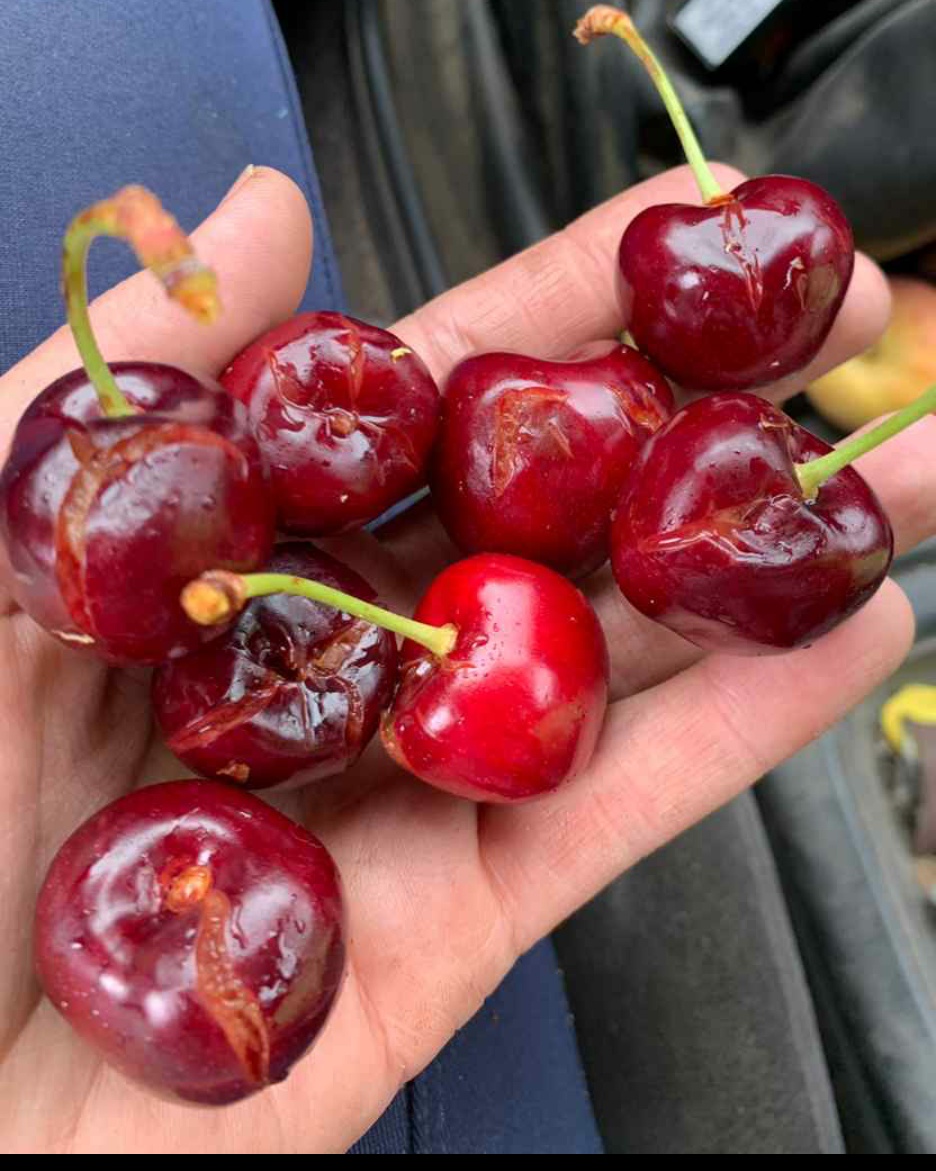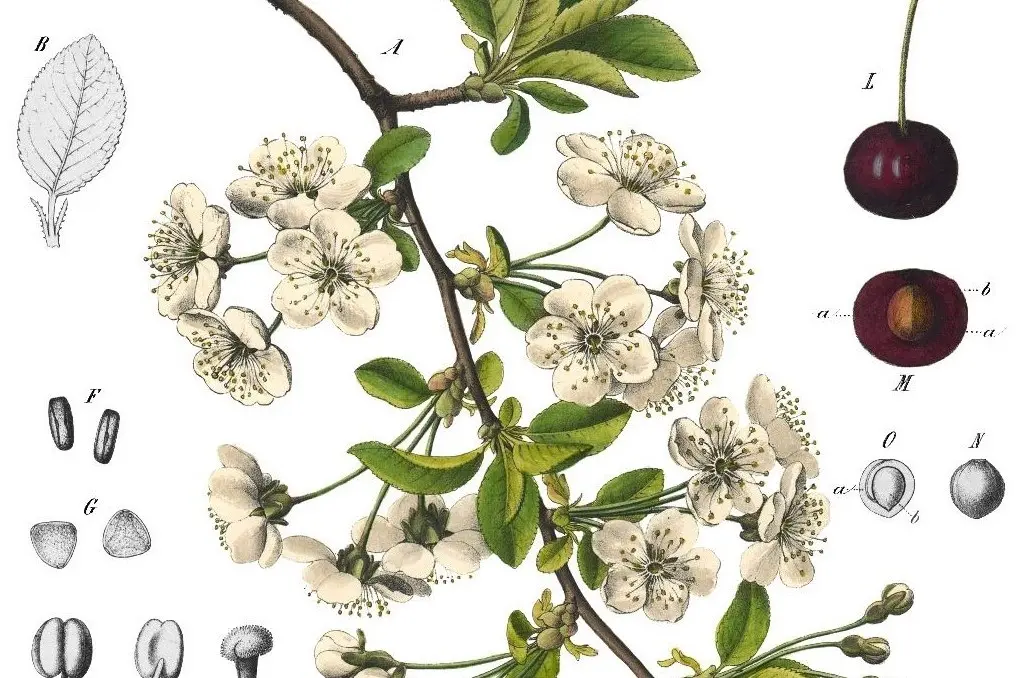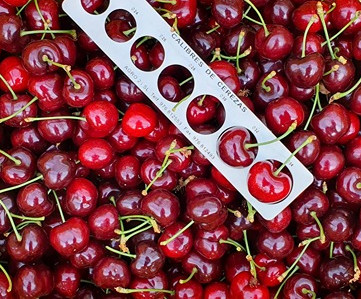The Regional Ministry of Agriculture, Livestock, and Fisheries has announced a major call for grants totaling €1.5 million for cherry-producing companies in the Valencia Region. These subsidies aim to mitigate the effects of adverse climatic factors and other exceptional phenomena that significantly impacted the crop during the 2023 season.
Cherry cultivation is essential in many Valencian regions, not only as an economic driver but also as a key element for the sustainability of the rural environment. However, last year, extreme weather conditions and wildfires deeply affected this sector, leaving a devastating impact on production and local economies.
A season marked by climatic challenges
The 2023 season was one of the most challenging in recent years for cherry growers in the Valencia region. The factors contributing to this crisis include:
- High temperatures during the flowering period, hindering the proper development of fruits.
- Intense rainfall in the middle of the harvest season, causing significant losses in terms of production quality and quantity.
- Wildfires, directly impacting certain production areas and their surroundings.
The final balance was alarming: production was far below that of a normal season, with yield reductions in some cases exceeding 30%. This situation jeopardized the economic viability of many farms and the rural employment linked to this crop.
Details of the aid
Objective and aid scheme
The main objective of the aid is to provide financial support to help farmers cope with losses and stabilize their farms. This support also aims to preserve the importance of cherry cultivation as a job generator and a source of wealth in rural areas.
The grants will be awarded on a competitive basis, meaning that applications will be assessed based on criteria established in the call. These include:
- The extent of losses incurred.
- The cultivated area of cherries.
- The farm's involvement in sustainability programs or innovation.

Deadlines and requirements
The deadline for submitting applications is January 31, 2025. Interested parties must submit their applications through the procedures described in the Official Gazette of the Generalitat Valenciana (DOGV).
The key requirements for eligibility for this aid include:
- Being the owner of a cherry farm located in the Valencian Community.
- Demonstrating the losses incurred during the 2023 season through relevant reports.
- Complying with sustainability standards and good agricultural practices.
The impact of cherry cultivation in the Valencia region
Cherry cultivation plays a crucial role in various Valencian regions, such as mountainous areas and inland valleys. Some highlights of its importance include:
- Economic contribution: It generates kilometers of direct and indirect jobs, especially in rural areas where economic alternatives are limited.
- Environmental conservation: Cherry plantations help prevent soil erosion and contribute to the environmental sustainability of the territory.
- Tourist attraction: In many locations, cherries are the protagonists of fairs and festivals that boost rural tourism.
Outlook for the 2024 season
Although the announced aid represents a respite for the sector, cherry producers face new challenges for the 2024 season. Agricultural organizations have highlighted the need to implement additional measures, such as:
- More accessible and effective agricultural insurance systems to protect farmers from weather adversities.
- Increased investments in technology and innovation, such as smart irrigation systems and varieties resistant to extreme conditions.
- Public-private partnerships to promote marketing and increase the added value of the product.
Conclusion
The request for €1.5 million in aid represents a significant effort by the Regional Ministry of Agriculture, Livestock, and Fisheries to support cherry producers affected by the climatic adversities of 2023. This measure not only aims to alleviate economic losses but also to ensure the sustainability of a key sector for the Valencian countryside.
It is essential for administrations to continue working on comprehensive policies that include incentives, training, and technical support, so farmers can address the challenges of climate change. In this way, cherry cultivation can continue to be a pillar of rural development and an example of resilience in the face of adversity.
Source: Agronews Castilla y León
Images: Agronews Castilla y León
Cherry Times - All rights reserved











